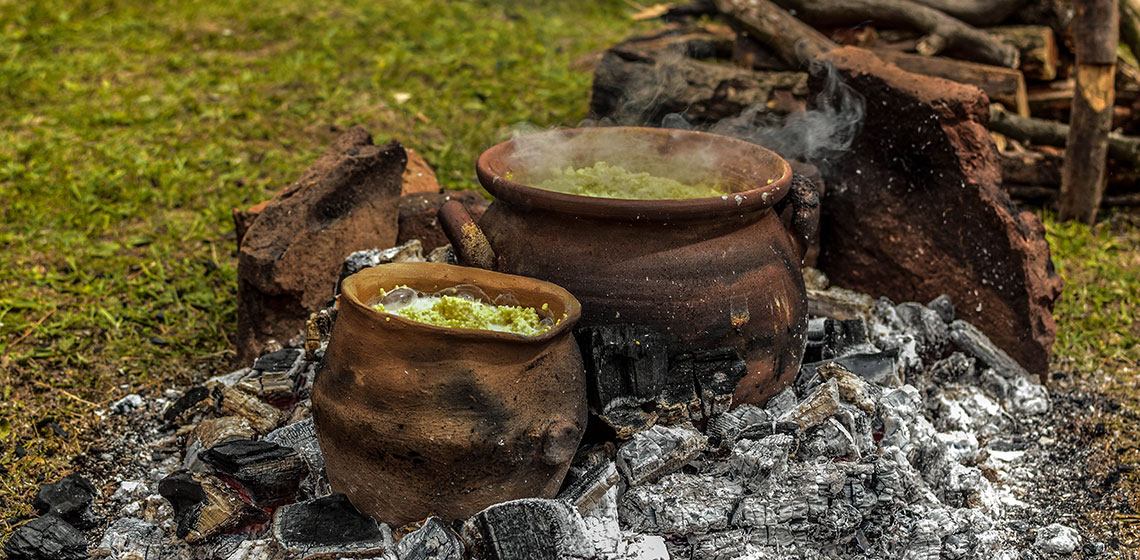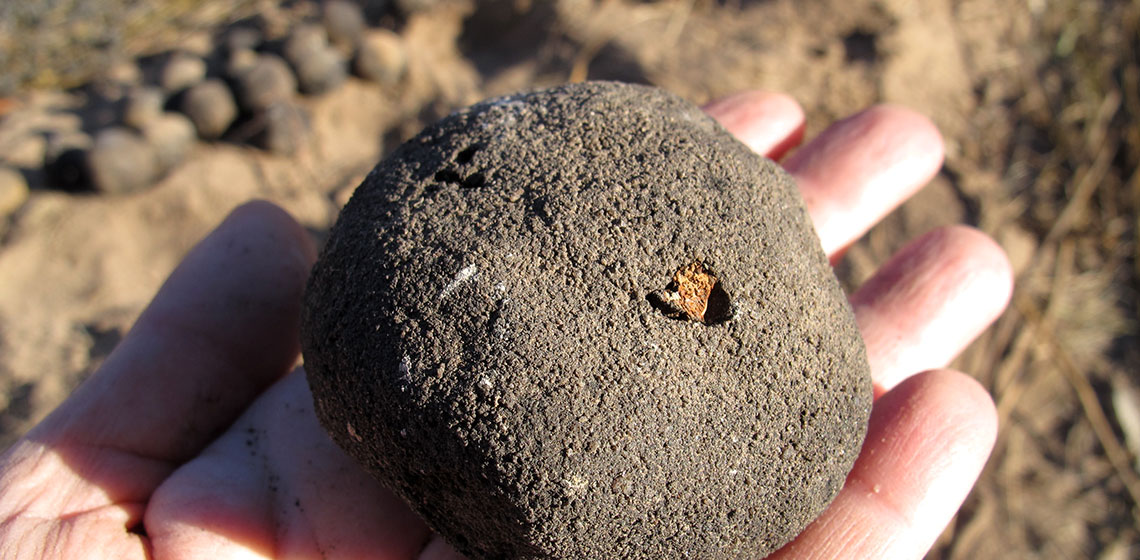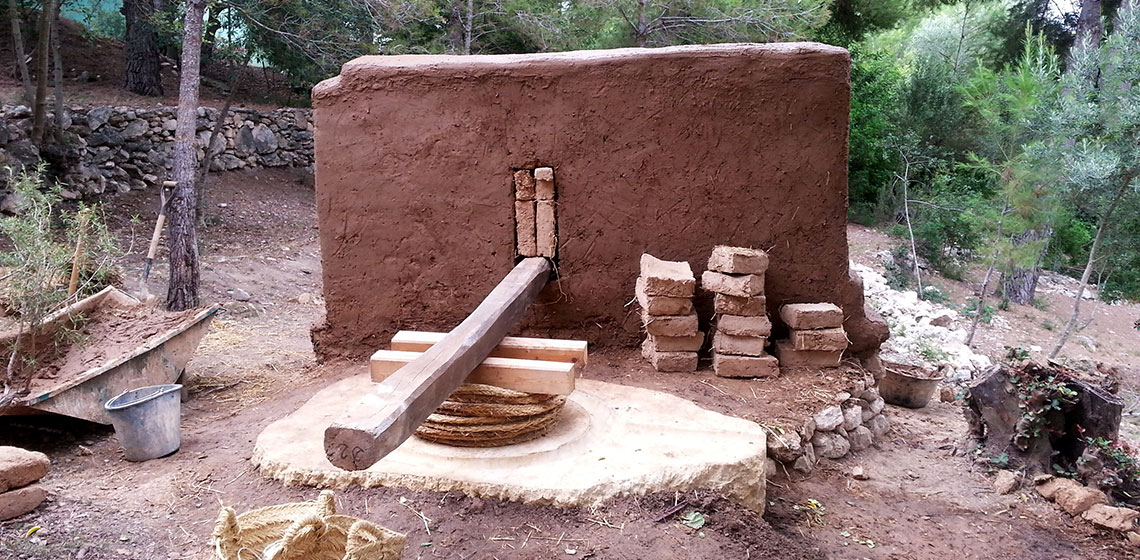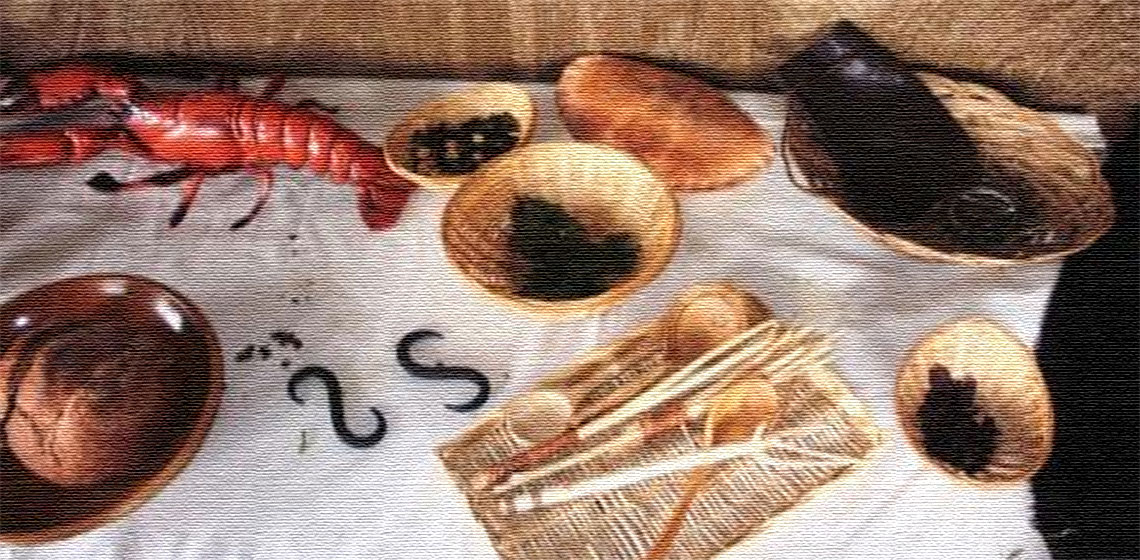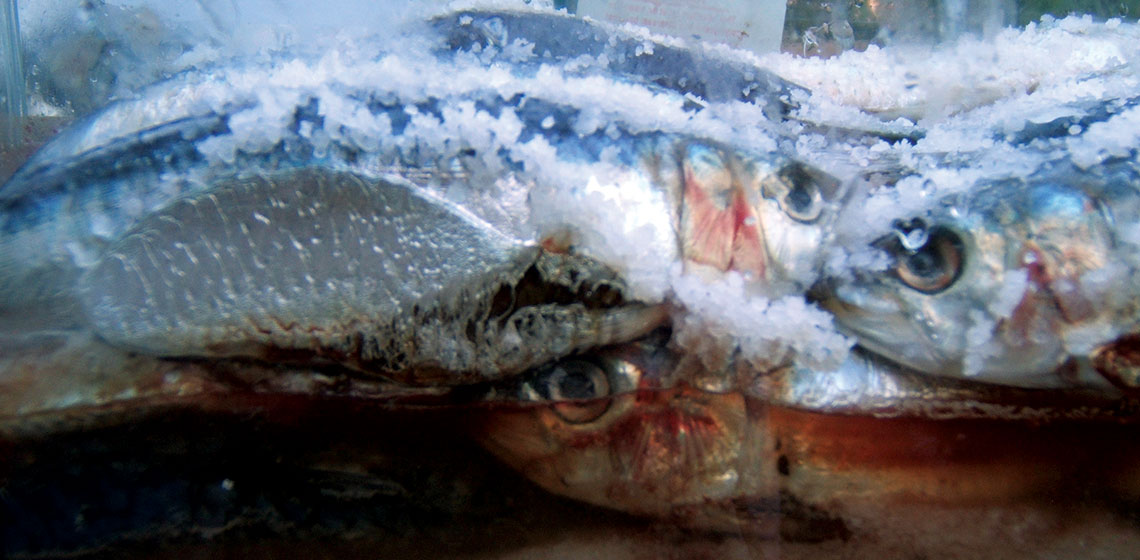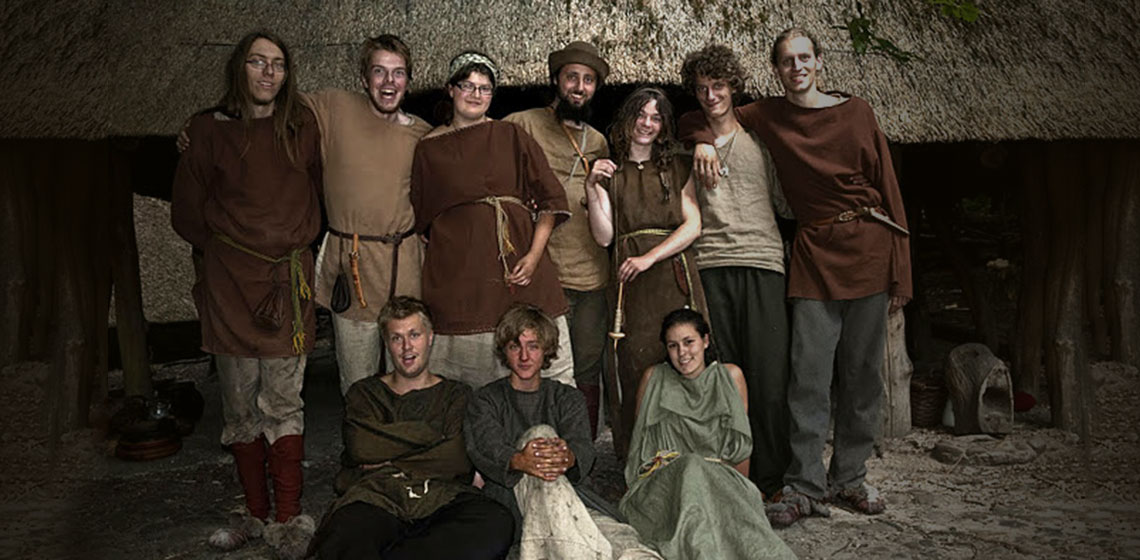food
Rubobostes' Feast
Publication Date
In Romania, in recent years, numerous cultural events and projects have been developed to reconstruct some aspects of everyday life from the past, or to promote archaeological sites (Ardeleanu, 2012, pp.72-73). One of these sites is the Porolissum Archaeological Reserve (Sălaj County). It includes an important prehistoric centre (with discoveries from the Neolithic Age, Bronze Age, Hallstat, and...
Re-Creating an Aboriginal Earth Oven with Clayey Heating Elements: Experimental Archaeology and Paleodietary Implications
Publication Date
Earth ovens may relate to different ancestral cooking techniques, serving specific needs and functions. In eastern and south-eastern Australia, they were a significant element of a thriving pre-colonial Aboriginal culture. However, today it is extremely rare to find such structures well preserved. Based on archaeological and historical records...
Making Wine like Iberians: a Learning Experience with the International Workcamp at La Ciutadella Ibèrica of Calafell
Publication Date
OpenArch Dialogue with Skills Issue
***The Youth Department of the Autonomous Government of Catalonia organises international summer workcamps in the region. Basically these workcamps consist of different projects where young people participate doing voluntary work as services to the local community, helping people, nature protection or practical work on historical heritage among others...
***The Youth Department of the Autonomous Government of Catalonia organises international summer workcamps in the region. Basically these workcamps consist of different projects where young people participate doing voluntary work as services to the local community, helping people, nature protection or practical work on historical heritage among others...
Discussion: Food - Reconstruction and the Public
Publication Date
For a BBC program in 1954, Sir Mortimer Wheeler tasted a reconstruction of the Tollund Man’s last supper, which turned out to be a tasteless mush. This led him to announce: "I believe that the poor chap of Tollund committed suicide because he could stand his...
What’s in an Experiment? Roman Fish Sauce: an Experiment in Archaeology
Publication Date
In the summer of 2009 I was engaged in the preliminary preparations for extensive experiments to manufacture fish sauces for my MA dissertation in Archaeology at Reading University. In my previous research into Roman food, it was clear that it was not going to be possible to truly understand ancient cuisine without...
WEA’s Latest Life Experiment
Publication Date
The WEA, Society for Experimental Archaeology, is a sub-society of the NJBG, the Dutch Historical Youth Association. It is formed by youngsters aged 12 to 26 who enjoy participating in several aspects of living history. WEA offers them a chance to learn about history, set up their own archaeological experiments, and the opportunity to participate in living history for example by learning a...

